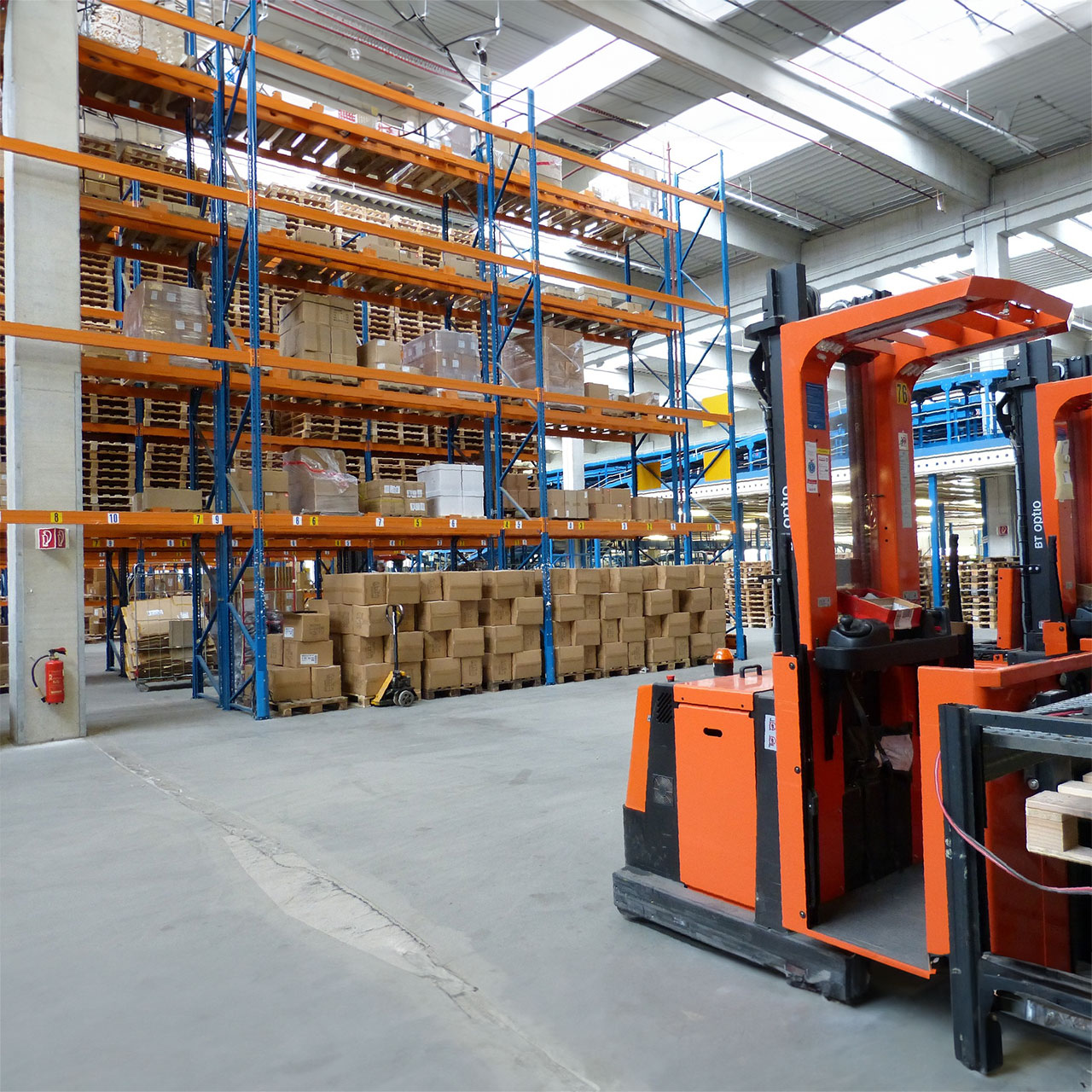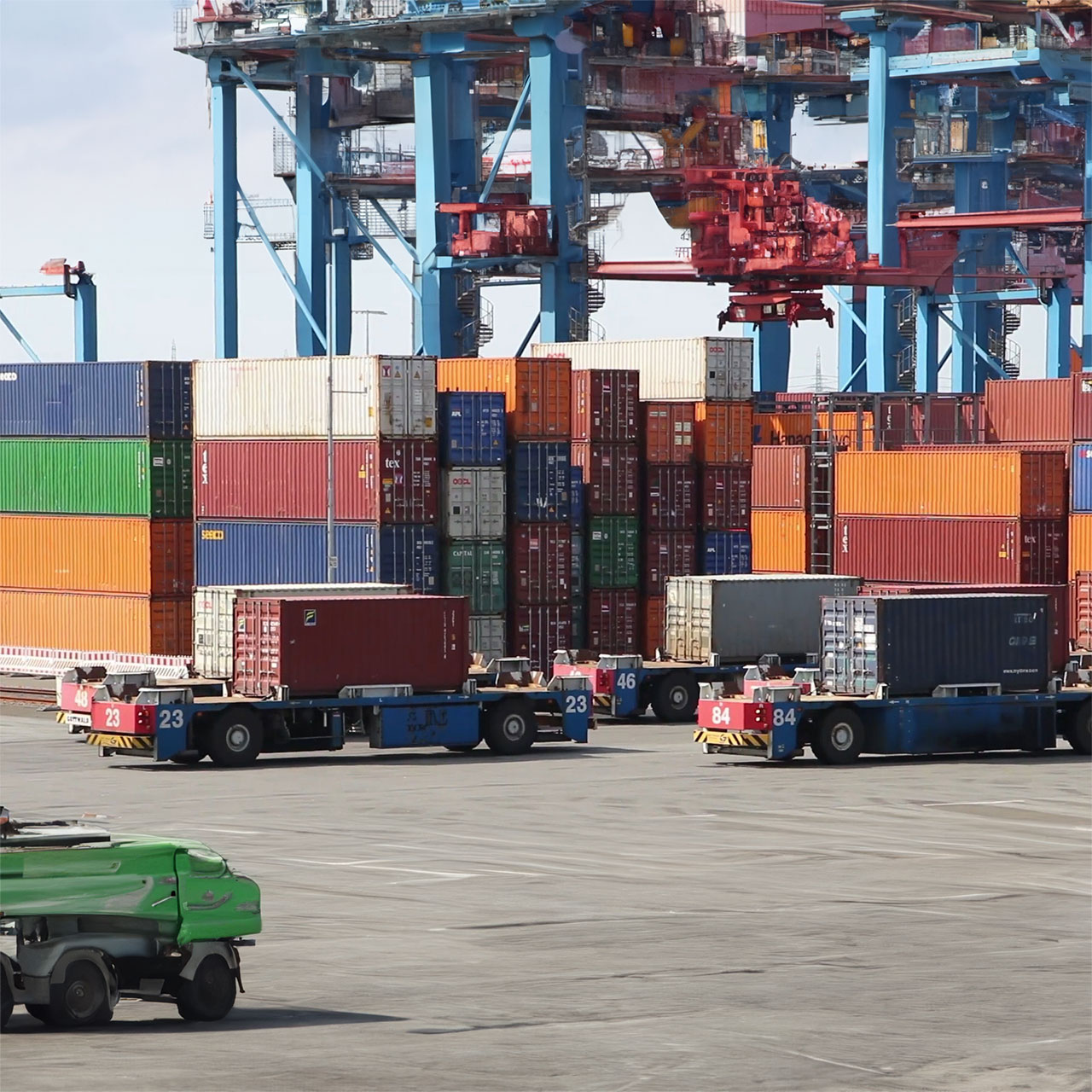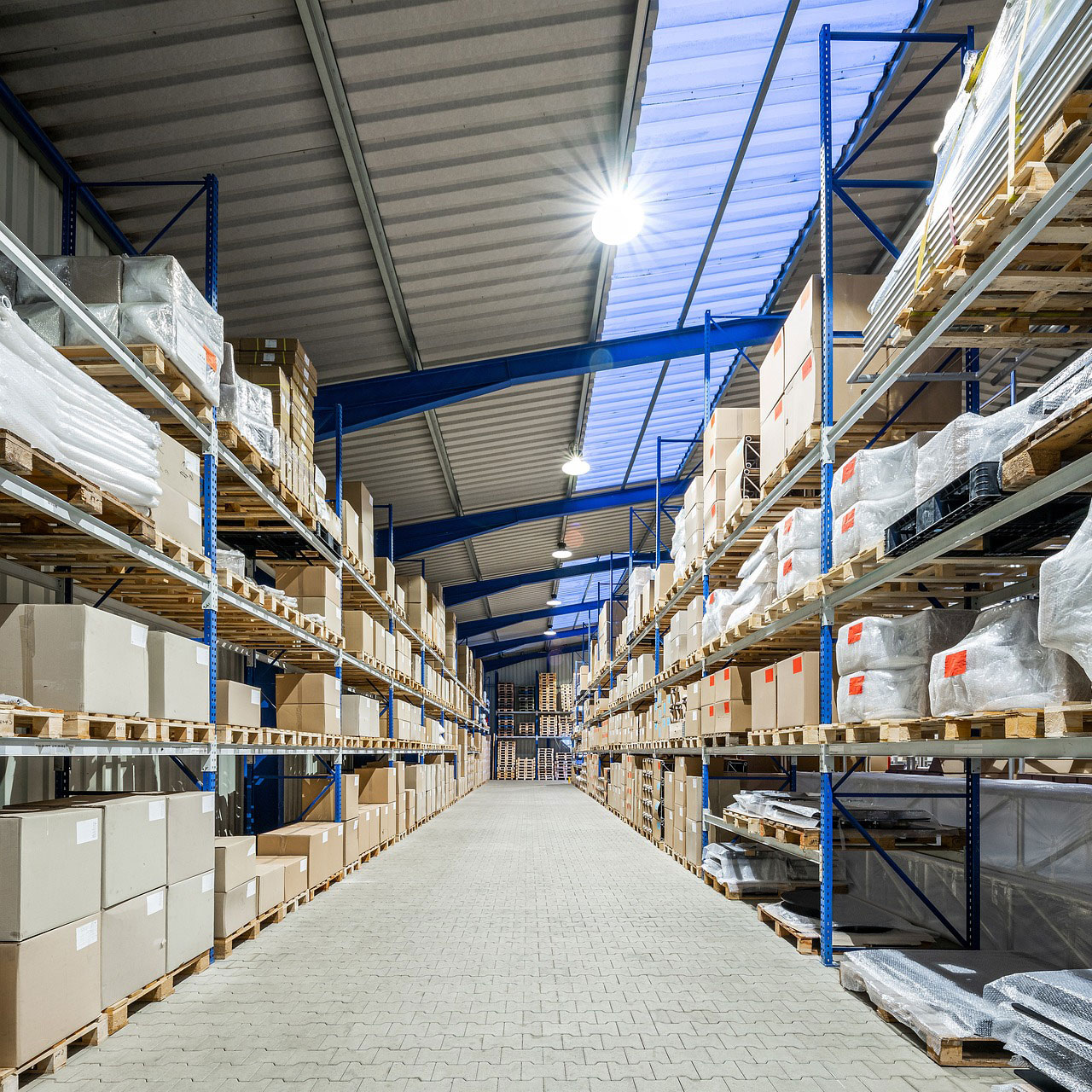The importance of warehousing in today’s business world cannot be overstated. In an age where fast delivery times and customer satisfaction go hand in hand, efficient warehousing ensures that goods are delivered on time and in perfect condition. This is not just about the physical storage of products, but also about the management, control and smooth flow of goods.
Advantages of Modern Warehousing
The dynamics of warehousing have changed rapidly in recent years. The integration of technology and improved processes has meant that modern warehouses are much more than just places of storage.
Warehousing for Efficient Supply Chains
Robust warehousing is the backbone of an efficient supply chain. It is about ensuring that goods can be stored and retrieved quickly, safely and correctly. Proper inventory management minimises errors, improves delivery times and ultimately increases customer satisfaction.
Cost Savings through Warehousing
An optimised warehouse minimises waste and reduces overstock. An efficient warehousing system can help reduce storage costs by making the best use of space and quickly locating the items you need.

Warehousing for Improved Inventory Management
Digital monitoring and automated systems make warehousing more transparent and accurate. Companies can better predict when they need to reorder and avoid shortages or overstocks.

Technological Innovations in Warehousing
Warehousing is constantly being revolutionised by technological advances that increase the efficiency and accuracy of warehouse processes.
Automation in Warehousing
Robots and automated racking systems minimise manual tasks, reducing errors and improving speed and accuracy. These systems can operate around the clock, significantly increasing warehouse productivity.
IoT for Smart Warehousing
Networked devices and sensors give warehouse managers real-time data on the condition of their goods, from temperature to humidity, allowing them to take proactive measures to keep products in optimal condition.
AI-Controlled Warehousing
By analysing big data, AI can predict order patterns, optimise resources and make warehouse operations more efficient overall.
Sustainable practices in warehousing
Warehousing recognises its role in the ecological balance and is committed to sustainable practices.
Energy-efficient warehousing
By investing in renewable energy sources and energy-efficient equipment, modern warehouses significantly reduce their carbon footprint, which benefits both the environment and the operating budget.
Recyclable materials in warehousing
From shelving systems to packaging, warehouse operations rely on durable and recyclable materials that minimise waste and reduce resource consumption.
Green training programmes for warehousing
Training staff in sustainability promotes environmentally friendly practices in warehousing and raises awareness of their role in environmental protection.

